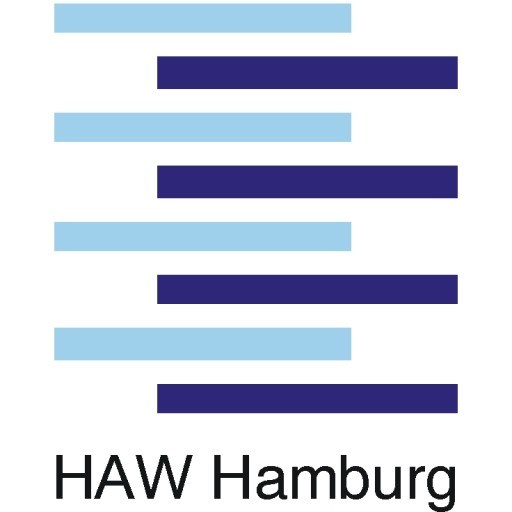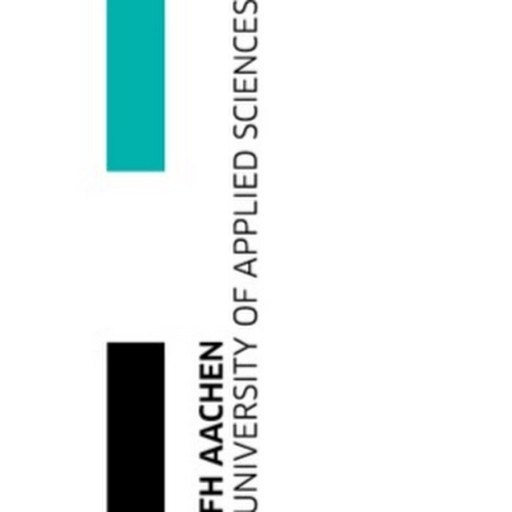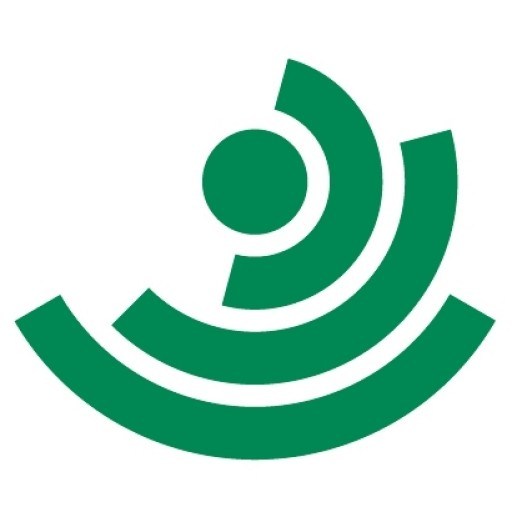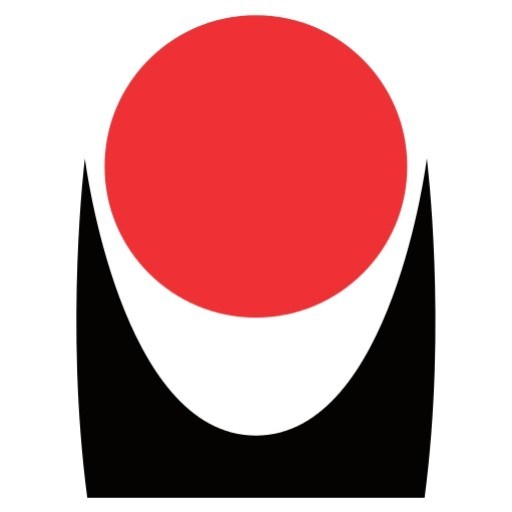Photos of university / #rwthaachenuniversity
The Bachelor's degree programme in Biomedical Engineering at RWTH Aachen University is a comprehensive interdisciplinary program designed to prepare students for innovative careers at the intersection of medicine, biology, and engineering. This degree offers a solid foundation in engineering principles, combined with specialized knowledge in medical and biological sciences, equipping graduates with the skills necessary to develop and optimize medical devices, diagnostic systems, and biomedical technologies. The programme emphasizes a blend of theoretical learning and practical application, including laboratory work, project-based assignments, and internships in collaboration with leading healthcare institutions and industry partners. Students will explore core areas such as biomechanics, medical imaging, biomaterials, signal processing, and systems biology, allowing them to understand complex biological systems and translate this understanding into engineering solutions. The curriculum also covers essential topics like electronics, programming, and data analysis, ensuring that students are proficient in modern technological tools relevant to the biomedical field. Throughout the course, students are encouraged to develop innovative thinking, problem-solving skills, and a strong sense of ethical responsibility, particularly concerning patient safety and data privacy. The program fosters an international environment, welcoming students from diverse backgrounds and preparing them for global challenges in healthcare and biomedical research. Graduates of the program will be well-equipped to pursue careers in medical device development, clinical engineering, biomedical research, and healthcare management, or to continue their education through master's and doctoral programs. The programme's state-of-the-art facilities, close industry ties, and dedicated faculty contribute to an enriching educational experience, making RWTH Aachen University a leading destination for aspiring biomedical engineers.
Educational organisation
The Faculty of Medicine heads the cooperation between the Faculty of Medicine, the Faculty of Mathematics, Computer Sciences and Natural Sciences, the Faculty of Mechanical Engineering, and the Faculty of Electrical Engineering and Information Technology, who have jointly designed the curriculum for this programme. The design of the programme takes full advantage of the environment offered at RWTH Aachen University, one of the leading universities of technology in Europe.The Master's programme study courses have a modular design and are divided into basic modules, three specialised modules, general compulsory courses and optional courses. During the first semester, basic modules in natural sciences, engineering and medicine create a common platform for the following semesters. Students attend a combination of basic courses depending on their previous qualifications. The second and third semesters consist of specialised modules such as tissue engineering, medical imaging/guided therapy, and artificial organs/devices. The topics covered in detail are main areas of research and development at RWTH. The Master's thesis typically takes up the final six months of the programme.
As part of the programme, students must also do an eight-week internship in a biomedical engineering-related organisation (company, university, or research institute).
The curriculum and course contents are structured according to the ECTS (European Credit Transfer System): 120 credits in total.
Study abroad unit(s)
The programme takes place in Aachen (Germany). Mandatory internship may be done in other countries.Selected students may join the CEMACUBE programme (http://www.biomedicaltechnology.eu) which takes them to at least one other European university.
Internships
As part of the programme, students must also do an eight-week internship in a biomedical engineering-related organisation (company, university, or research institute).Forms of assessment
Oral or written exam after each semesterCourse objectives
This programme is an interdisciplinary course of study, which corresponds to the interdisciplinary research in the field of biomedical engineering at RWTH Aachen University. It provides students who are holders of a first degree in either medicine, natural sciences, or engineering with scientific knowledge, skills, and methods in the field of biomedical engineering leading to scientific qualification and independence.Language requirements
Candidates must be able to speak and write fluently in English. All applicants must provide proof of their English skills - only TOEFL internet-based 95 points, Cambridge level C or IELTS 6.5 will be accepted. Native speakers from the US, Canada, New Zealand, Australia, or GB do not need to provide this proof.Academic requirements
The educational requirements of the undergraduate degrees should include knowledge (worth 120 Credit Points [CP] of the European Credit Transfer System) in the fields of engineering, mathematics, or natural sciences with at least as many CP in these four fields:- mathematics 25 CP
- chemistry 25 CP
- biology 25 CP
- physics and engineering technology 35 CP
The following documents are necessary:
1. The application form for Master's programmes completely filled in and signed
2. A copy of the Bachelor's certificate and all first degree academic certificates. Your final average grade and the general margins of the grading system of the university must be recognisable.
3. Copies of all transcripts or other academic records that provide proof of your undergraduate studies including credits and grades achieved in each single subject are needed. Please add your diploma supplement.
4. A translation of your degree certificate/transcript/other academic record made by an officially recognised translator in either German, English, or French, if the original documents are not written in one of these languages
5. A copy of the language certificate (TOEFL, PBT, IELTS Test, Cambridge Test CAE; TOEFL, minimum 95 of 120 points, Cambridge level C or IELTS 6.5)
6. A curriculum vitae
7. A letter of motivation
8. Three letters of recommendation
9. A copy of the GRE general test certificate (for non-EU applicants only)
Enrolment fees
All students are subject to a student service fee of currently approx. 225 EUR per semester.The fee includes a semester ticket covering public transport in the Aachen area and the entire state of North Rhine-Westphalia (NRW).
Costs of living
The average cost of living and studying, including food, accommodation, personal and social expenses, and study-related costs, is estimated to be 700-900 EUR per month.Job opportunities
International students have very limited options of working while studying. Therefore, it is not possible to finance all your studies by working. For those interested in working to help finance their education, there are a few different possibilities. There are teaching and research assistant positions available that can be organised by the professors of the different programmes. These are, however, normally first awarded to students who have already started their academic studies in a programme. Students working as a teaching or research assistant may work a maximum of 19 hours a week, but will not earn enough to cover all of their living expenses. Another option is working outside of the university, for example in a shop or restaurant. By law, a student from outside the EU is permitted to work either 120 full days or 240 half days per calendar year. We do caution students to be careful about taking on outside work commitments, as completing a Master's degree within the designated two years will be difficult if a student spends too much time away from his or her studies.Funding opportunities within the university
A limited number of scholarships from various organisations is available to help students finance their studies. Please see the following website for a list of exchange programmes, scholarships, and grants, together with their specific application requirements and conditions, and/or contact the International Office directly for advice and assistance.http://www.rwth-aachen.de/scholarships
Arrival support
The International Office's Info Service Centre (ISC) provides information and services for international students and visiting scientists at RWTH Aachen University upon their arrival in Aachen. RWTH Aachen University considers the integration of international visiting scientists and students an important task and, in order to reach this goal, offers the following assistance for international students and scientists:- accommodation information
- assisting students during admission procedures
- registering your address with local authorities
- opening a bank account
- insurance matters
- locating pertinent university and city offices
- tips for finding a job in Aachen
Services and support for international students
Sports and social activitiesSee "arrival support".
Accommodation
RWTH Aachen University has a limited number of dorm rooms and studio apartments. However, there are usually waiting lists for these rooms, and students will probably need to find private accommodation first. There are a number of options for finding private accommodation in and around Aachen, and the International Office can provide students with information beforehand or upon arrival.For a furnished room the average rent per month is about 300 EUR to 400 EUR, and for a two- to three-room flat the average rent per month starts at 400 EUR. Please note that there is only a limited number of family apartments in the university dorms, which is why students who bring their spouses or families with them will most likely need to find private accommodation.
For short-term accommodation, there are many hotels and a youth hostel.










